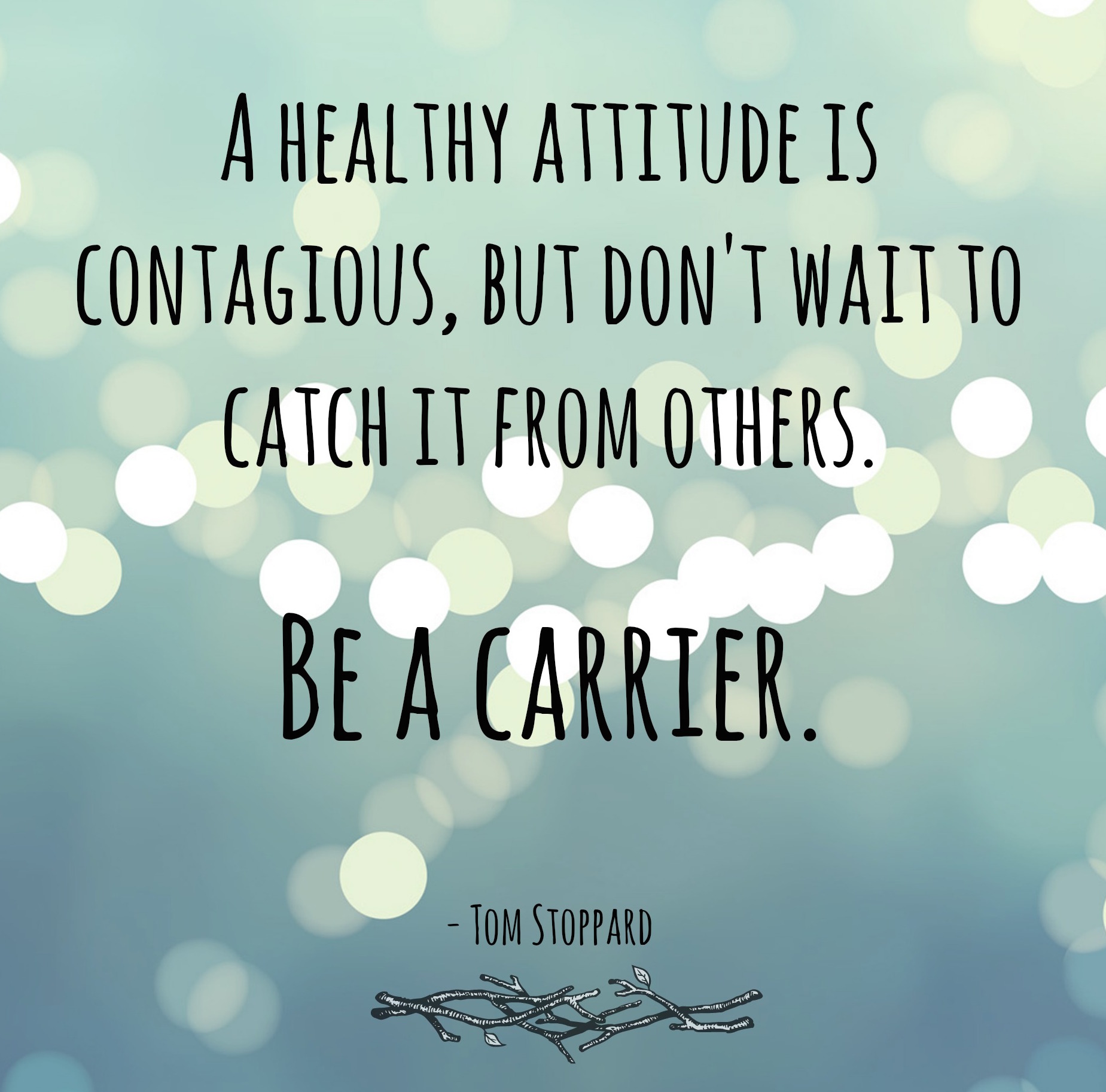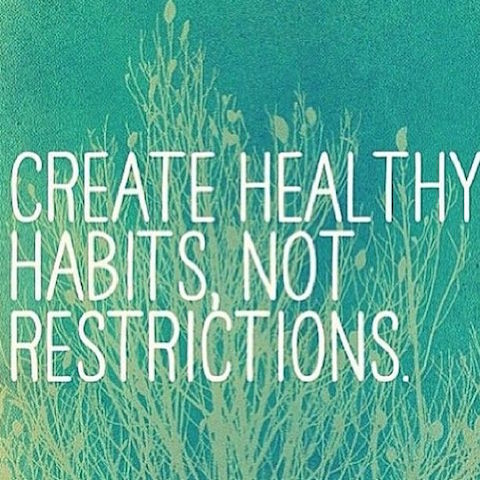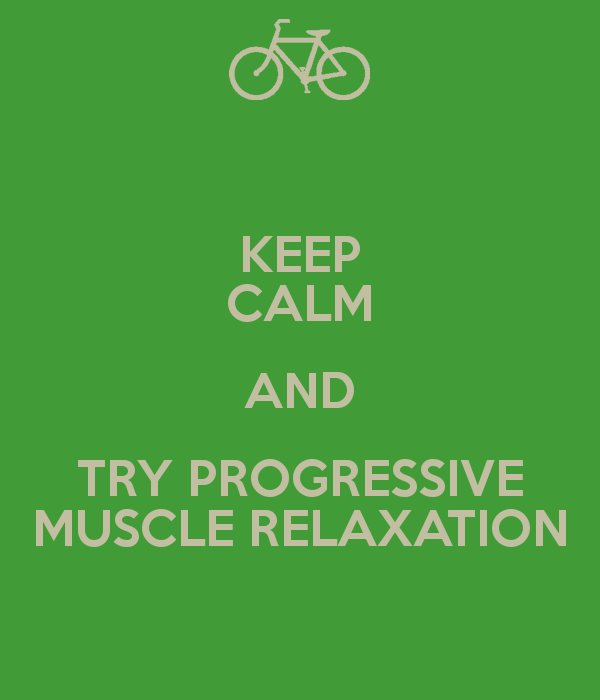Stress and High Blood Pressure (& Toss In Some Anger):
Triplets Who Like Hanging Out Together
Anger, stress and high blood pressure do seem to enjoy spending time together. Recent research indicates that angry men have higher blood pressure and increased risk of heart disease. (Anger was defined as those with a generally negative, hostile outlook and angry reactions to perceived slights. Long-term stress affects both men and women.)
Stress
and high blood pressure have long been associated in most people’s
minds. Several studies suggest that “Type A” personalities, high-energy,
competitive people prone to anger, are more likely to die of heart
attacks or suffer from long-term heart disease than more laid-back
personality types are.
The exact mechanism by which anger and
stress increase blood pressure and heart disease is not clear. It’s
possible that those with such personalities are more resistant to
medical advice and therapy. It is also possible that an increased
activation of the nervous system in angry and stressed people causes
greater catecholamine levels, such as adrenaline, to build up and drive
up blood pressure.
Stress does not automatically mean that you
will have long-term trouble with high blood pressure. What may be
stressful to one person is actually enjoyed by someone else.
If
you are distressed, your blood pressure will rise and then return to
normal after your unease subsides. The problem is that even temporary
bouts with high blood pressure can cause damage your heart, blood
vessels, and kidneys, if they occur on a regular basis.
Risk factors for stress and high blood pressure
There is a special concern if you have a family history of high
blood pressure or if you are African American, because these factors
increase your risk of developing hypertension.
If you are under constant distress from your situation or lifestyle you may be at risk for stress-related high blood pressure.
Some
symptoms of stress are difficulty sleeping, headaches, stomachaches and
intestinal problems, profuse sweating, rapid breathing, and heart
palpitations.
High blood pressure can also cause diabetes in some serious cases. The small and delicate blood vessels that supply blood to your eyes can become damaged over time. This can lead to light sensitivity, damage to the retina or complete loss of vision. Visit your eye doctor regularly if you have concerns regarding your blood pressure. It is better to catch and diagnose these things sooner rather than later.
What to do about stress and high blood pressure:
EXERCISE
The study’s authors pointed out that exercise may improve blood pressure and cardiac risk. Additionally, addressing personality traits should probably be incorporated into the treatment of hypertension.
Lifestyle
modifications vital in the treatment of high blood pressure and
coronary heart disease. Stress reduction is a big part of this therapy.
The effective method of stress reduction will vary from person to
person. Some benefit from aerobic exercise such as jogging, while others
lift weights or punch a boxing bag. Sports seem to work for some, while
yoga is ideal for others.
An exercise regimen I recommend to
get started is a 20-minute walk at a comfortable pace several times per
week. This can be done during a lunch break or after dinner as a nice
way to unwind.
What to do about stress and high blood pressure:
A HEALTHY DIET
A healthy diet focuses on reducing sodium, sugar, and unhealthy fats. Sodium raises the blood pressure of sodium sensitive individuals; ninety percent people are sodium sensitive. Reduce your salt intake and beware of added sodium in foods. Sugar also increases blood pressure, probably by increasing adrenaline. Avoid trans-fats and saturated fats; these unhealthy fats raise your bad cholesterol which can increase your blood pressure. Eat foods rich in fiber; fiber cleans the system and helps lower cholesterol as well as blood pressure.
Some foods
are particularly good at lowering blood pressure. Garlic is a renowned
superstar. Carrots are also good at lowering blood pressure, as are
tomatoes, blueberries, and broccoli.
The dietary guidelines many
doctors recommend for hypertension are summarized in the DASH diet, or
Dietary Approaches to Stop Hypertension. This dietary program, which is
endorsed by the National Institute for Health, emphasizes an excellent
healthy diet approach–low sodium, high fiber, fruits, veggies and little
junk food.
What to do about stress and high blood pressure:
MEDITATION & HYPNOSIS & PROGRESSIVE MUSCLE RELAXATION
Emotional stress and anxiety from problems on the job, family
problems, and other personal problems can raise blood pressure. Most of
the time you don't even realize you are stressed out until you burn out,
or as in the case of 1.1 million people in America each year, until you
have a heart attack. Stress can show itself through a wide variety of
physical changes and emotional responses, and these symptoms vary
greatly from one person to the next.
Perhaps the most universal
sign of stress is a feeling of being pressured or overwhelmed. If you
are experiencing symptoms of stress, chances are good that your level of
stress is excessive. If left untreated, stress can lead to permanent
feelings of helplessness and ineffectiveness.
Meditation can help
bring about mindfulness of the present moment. This technique can help
you become a better observer of situations without attaching so many
thoughts and feelings to them.
Hypnosis is a great tool for
using the mind to inculcate positive messages. Hypnosis often uses the
imagination to bring about feelings of relaxation in the body.
Progressive Muscle Relaxation does just what its name suggests: it helps the muscles relax. Sometimes we don't pay attention to our bodies until they hurt, until they start complaining to us. Practicing regular progressive muscle relaxation can ease tension before it reaches critical mass.
When you get a chance, I encourage you to listen to this audio I created that will help guide you through relaxing your muscles. Once you learn this technique, it'll be easy for you to do this on your own. I love using this technique throughout the day. It definitely helps me realize where the tension has built up in my body.
Personally, I think my shoulders must keep shifting upward with tension as the day goes on. When I take a moment to practice progressive muscle relaxation, it immediately helps me relax my shoulders.
Progressive Muscle Relaxation Audio
What to do about stress and high blood pressure:
ESSENTIAL OILS, HERBS, & MEDICATIONS
Magnesium. Magnesium acts as a smooth-muscle relaxant,
and acts as a natural calcium channel blocker, and so may help relax
the blood vessels, lowering blood pressure. Other minerals associated
with controlling blood pressure are calcium and potassium. (On
a side note, unsweetened cocoa powder is a source rich in magnesium!
I've been adding a spoonful to my daily yogurt. Tastes like dessert:))
Vitamin B3. Vitamin B3 (a vasodilator) is helpful in controlling high blood pressure.
Hawthorn
berry extract. Hawthorn berries contain chemicals which can protect and
relax you arteries. It has been used for centuries as a traditional
remedy for many cardiovascular problems.
Coenzyme Q10. CoQ10
is an anti-oxidant produced by our body, but which declines as we age.
It has been shown to help lower blood pressure.
Essential
Oils. Many essential oils can help relax you and reset your nervous
system back to the parasympathetic nervous system (the rest and digest
mode). Try Lavender, Chamomile, or Ylang Ylang.
It's not all doom and gloom...
There’s good news! By making even small lifestyle changes, you can get a handle on stress and high blood pressure. Why not take care of yourself today?
Get instant access to your free Stress Management Workbook for even more ideas on managing stress.


